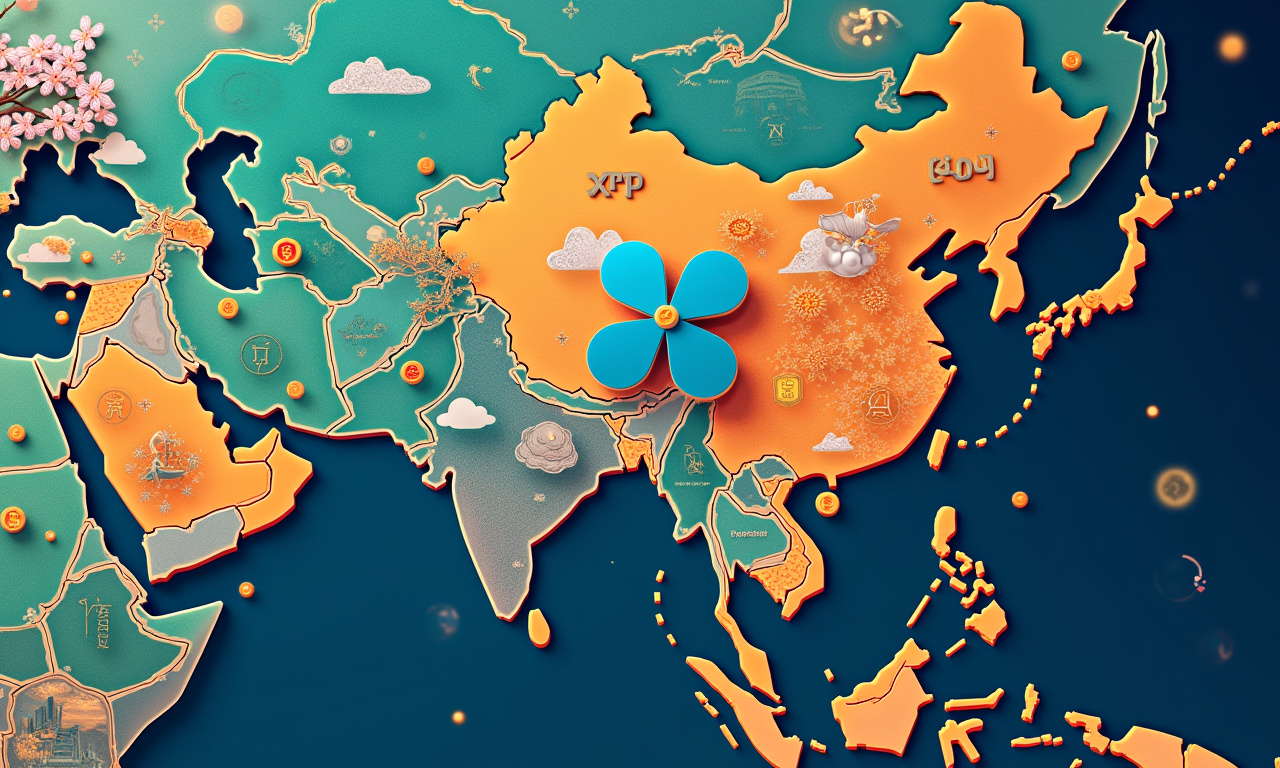
Why Dubai's Web3 Dream Needs More Than Just CoinW's Cash

Josefa dela Cruz
Dubai. Picture this — the shimmering mirage in the desert, territory with all the trademarks of a self-declared Web3 promised land. But headlines scream of innovation, investment, and a crypto-friendly regulatory environment. Perhaps that’s why CoinW, one of the top eight global crypto exchanges, recently made a bold move — reestablishing its HQ there and sponsoring TOKEN2049. Well, they’ve certainly tried, they even co-hosted “Tomorrow’s Token,” an electrifying event that brought all the top dogs of the industry to discuss Layer 1 innovation and crypto security.
Underneath Dubai’s futuristic facade is a different story. The prospects of unimaginable wealth tell a different tale entirely. A story rarely told, a story of the silenced children’s choir.
Who Really Pays The Price?
While we deeply criticize Dubai’s embrace of Web3, we deeply applaud it. This strong stance like Singapore and Hong Kong further establishes its place in the “Web3 triangle.” Who is genuinely reaping the rewards of this meteoric rise? Are we sure that this isn’t just another example of the rich getting richer? At the same time, the rest of us are just trying to make it. I am not trying to paint Dubai as the villain here, but is this really the best question to be asking?
All of this history is impossible to disentangle from the struggles of many thousands Filipino and other Southeast Asian workers. Because without them, they really aren’t the backbone of this glimmering metropolis. They are the construction workers, the service staff, the tireless hands that build and maintain the infrastructure that supports this Web3 revolution. On top of that, they’re all trying to seize the opportunities that Web3 has to offer. But wait, are they actually getting a good deal?
These lost voices gaining a new platform Or are they being drowned out by the roar of the venture capital and the hype of technological innovation?
- High living costs eat into their earnings.
- Exploitation remains a persistent threat.
- Cultural barriers can be isolating.
The unexpected connection here? That’s the disturbing similarity between past gold rushes and today’s Web3 landgrab. Wealth is more concentrated at the top now than it was a couple decades ago. The people who do all of the work get paid peanuts.
We know how important security is in the world of crypto, and with CoinW proudly boasting their eight-year history with no security incidents is definitely comforting. Layered security strategies, proactive defense, multi-level audits—all essential. And yet, what of the human security of the precariat workers making this development boom possible? Or their emotional health, self-determination and autonomy?
Are We Repeating Past Mistakes?
Think about it. It may seem odd to praise Dubai’s regulatory environment, but hear me out. Is it truly equitable for all? Or does it cater exclusively to the interests of mega corporations and rich investors? This top down approach further marginalizes smaller players and vulnerable workers.
I’m reminded of my personal disconnection from Philippine culture. We are often told that the Philippines undeniably has one of the most vibrant and talented tech communities. The appeal of Dubai promises higher salaries and the prospect of more opportunities. This draws talent away, creating a brain drain that hampers the return home and the long-term creation of a stronger, more equitable economy. This is a tragedy.
CoinW along with other global industry leaders like Crypto.com, Bybit and Huobi are making a big bet on Dubai’s changing Web3 landscape. They’re engaging in user education, community empowerment and social responsibility. That's great on paper. What specific actions are being made to guarantee that all of us are empowered by the Web3 revolution? We need to distribute these benefits more fairly.
Dubai's Dream, Their Nightmare?
The unexpected connection? It’s the ascendance of KOLs (Key Opinion Leaders) as influencers in the Web3 sphere. CoinW, along with others, recognizes their power. Yet are these KOLs using their platforms to move the conversation toward demands for economic and social equality in the emerging Web3 ecosystem? Or are they just hawking the newest crypto schemes, continuing to fill the coffers of those who are already flush with cash.
Here is where Dubai has an opportunity to do more than simply stake a claim as a Web3 hub. It has the opportunity to be a model of how we build inclusive and sustainable technological development. That takes a lot more than CoinW’s cash alone. You have to really do it and start listening to the needs and concerns of all residents. This is particularly true for those who are most vulnerable.
So, before we uncritically celebrate Dubai's Web3 success, let's ask ourselves: Whose voices are being silenced? And that leads to an important follow-up question: what should we be doing to amplify them? Let’s fight for more transparency, better labor protections, and a fairer share of the wealth they’re creating. After all, such a Web3 utopia erected on the shoulders of abused workers is no utopia whatsoever. It's just another gilded cage. We cannot let the promise of technological advancement seduce us to ignore the human toll.
So, before we uncritically celebrate Dubai's Web3 success, let's ask ourselves: Whose voices are being silenced? And what can we do to amplify them? Let's demand greater transparency, stronger labor protections, and a more equitable distribution of wealth. Because a Web3 paradise built on the backs of exploited workers is no paradise at all. It's just another gilded cage. Let's not allow the allure of technological progress to blind us to the human cost.


